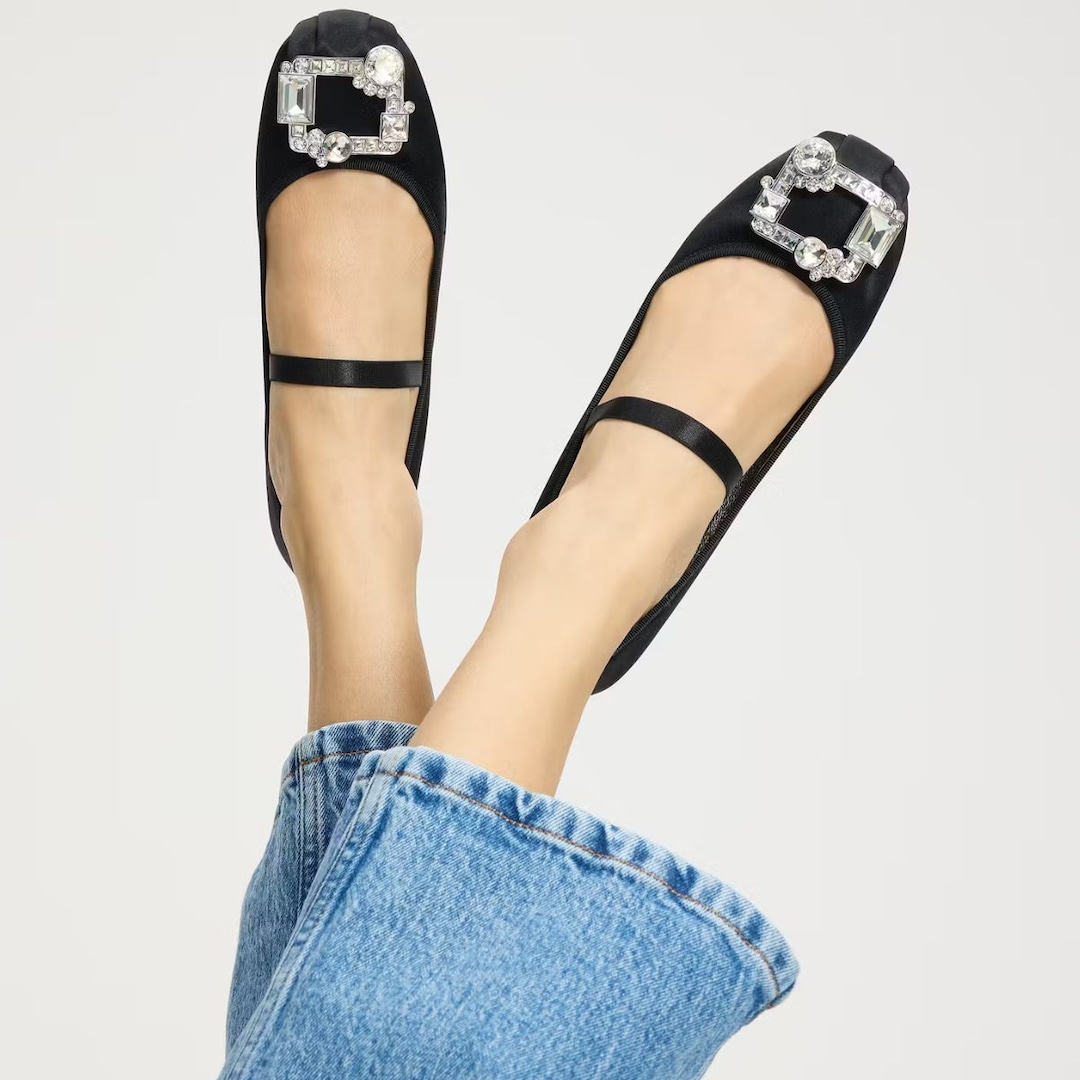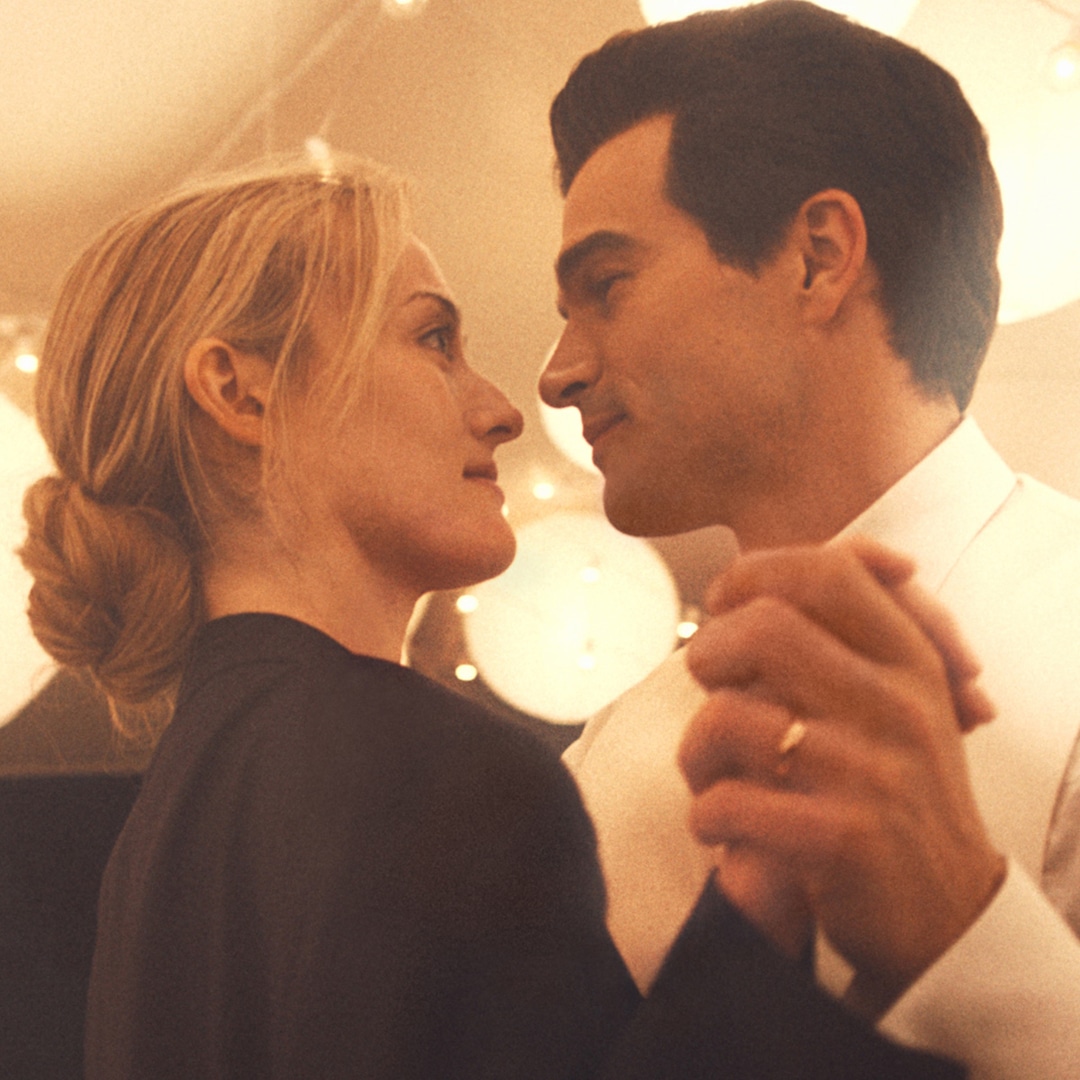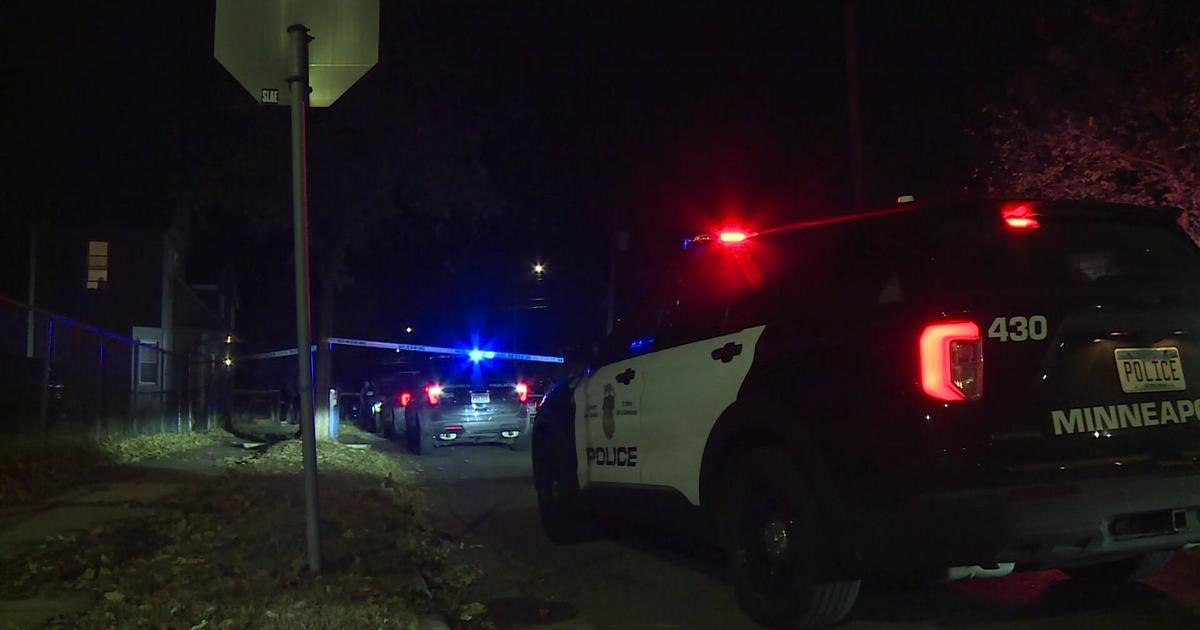The 1-Ingredient Upgrade for the Crispiest Roasted Potatoes
J. Kenji López-Alt's trick for making the best roasted potatoes on planet Earth.


Baking soda does a lot of heavy lifting at my house. It removes stubborn stains from baby clothes, soothes bug bites, scours my cooktop, churns out endless cookies, and even washes my produce. It turns out that when you are pushing forty, finding new uses for baking soda becomes a favorite hobby. It just comes with the territory (and age).
I’m happy to say I have found a new way (arguably my favorite) to use up my Costco-sized container of baking soda: roasted potatoes.
While it may sound strange, this is a trust-the-process type recipe. When it comes to innovative and science-backed recipe development, there is no one I trust more than J. Kenji López-Alt, so when he shared a recipe for Extra-Crispy Parmesan-Crusted Potatoes on The New York Times that calls for baking soda, I knew I needed to try them.
Kenji calls for adding 1/2 teaspoon baking soda in two quarts of water (enough to cook about three pounds of cubed potatoes). He boils the potatoes, drains them, and roasts them in a hot oven. The potatoes come out of the oven extra crispy, thanks to the baking soda.
Why Baking Soda?
There are a few things that stand out about this recipe, but let’s start with the leavener. Why reach for something normally used to puff up cakes to create crispy potatoes? Alkalinity!
If you are also pushing forty, it may be hard to recall what you learned in high school chemistry. Here's what I relearned: when you look at the pH scale (a measurement of how acidic or alkaline a substance is), water is neutral, and baking soda is slightly alkaline. Cooking the potatoes covered with baking soda will break down the outer edges of the potatoes, releasing starches and giving them a rough and starchy outer surface.
What’s So Great About Shaggy Potatoes?
Why is creating a starchy surface on the potatoes so important? This slurry-like coating is what makes the potatoes so crispy. It’s almost like having built-in breading; once the shaggy potatoes hit the hot oven, the exterior gets super crisp while the inside of the potato stays nice and fluffy.
You Can’t Go Wrong With Butter and Cheese
Once the potatoes are parboiled, they are taken one step further by adding melted butter and grated Parmesan cheese. The potatoes, butter, and cheese are combined in a large mixing bowl and then vigorously folded with a rubber spatula to further roughen the edges.
This helps to develop that crispy, crunchy exterior further. When the potatoes emerge from the oven, the cheese adds a shatteringly crisp element to the edges that makes the potatoes incredibly hard to stop eating.
My only advice? Make a double batch if you plan on serving this as a dinner side. I found myself snacking on nearly half of the tray while they cooled.
This article has been sourced from various publicly available news platforms around the world. All intellectual property rights remain with the original publishers and authors. Unshared News does not claim ownership of the content and provides it solely for informational and educational purposes voluntarily. If you are the rightful owner and believe this content has been used improperly, please contact us for prompt removal or correction.












